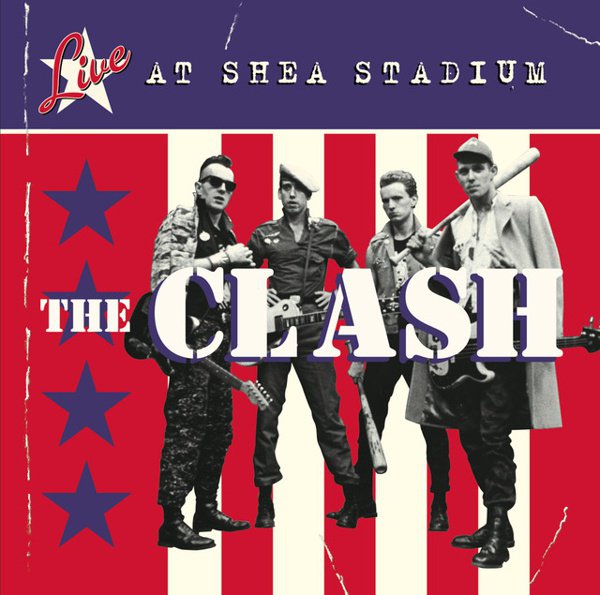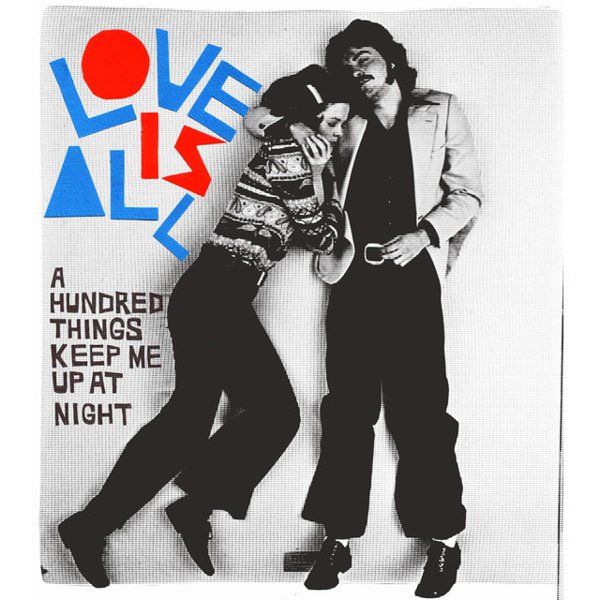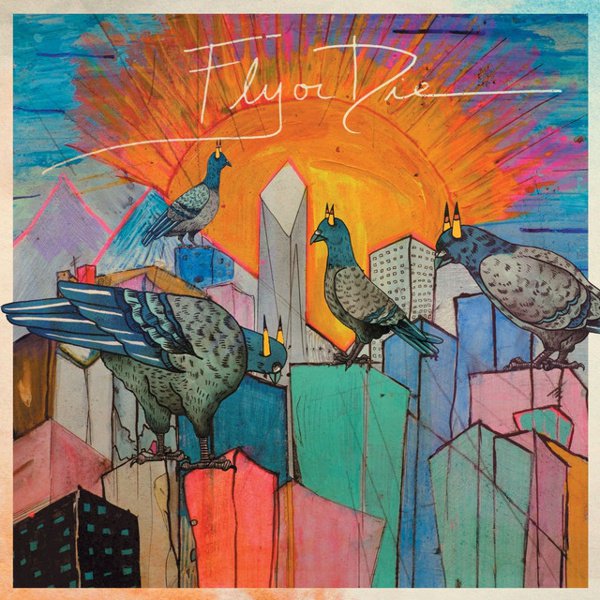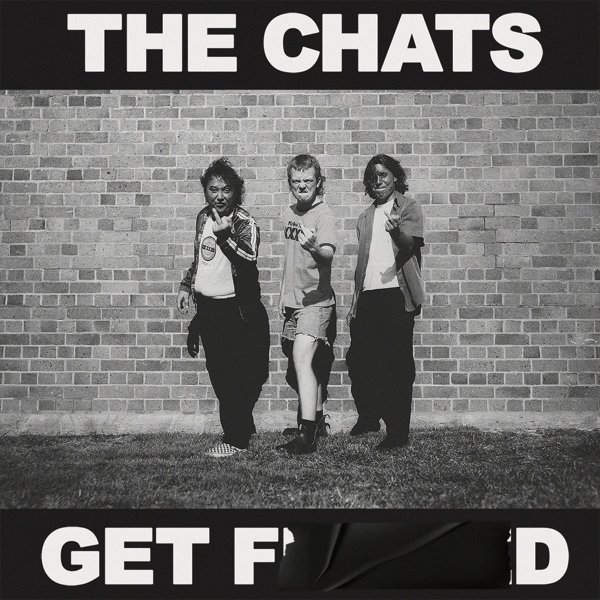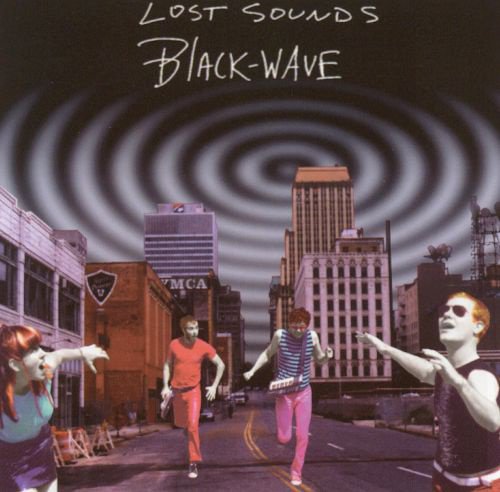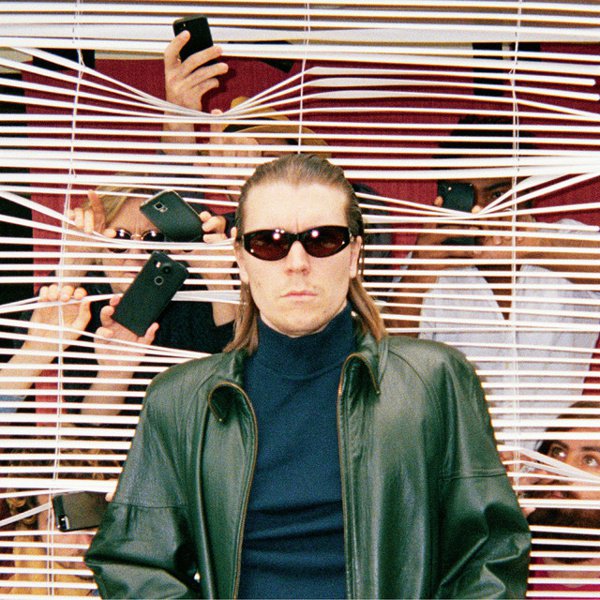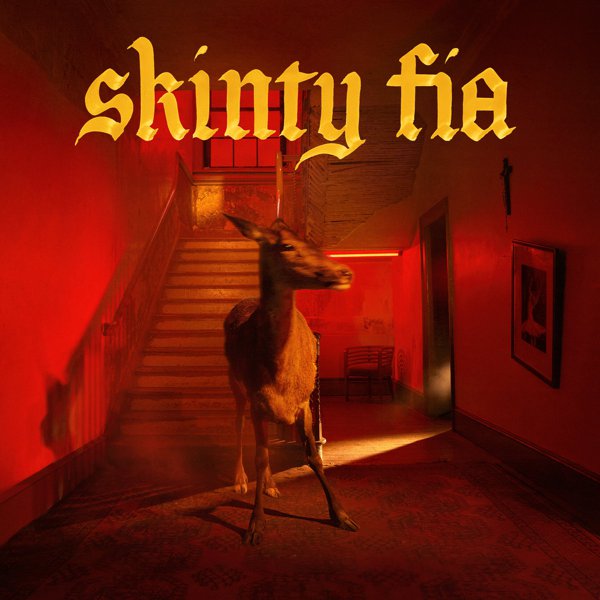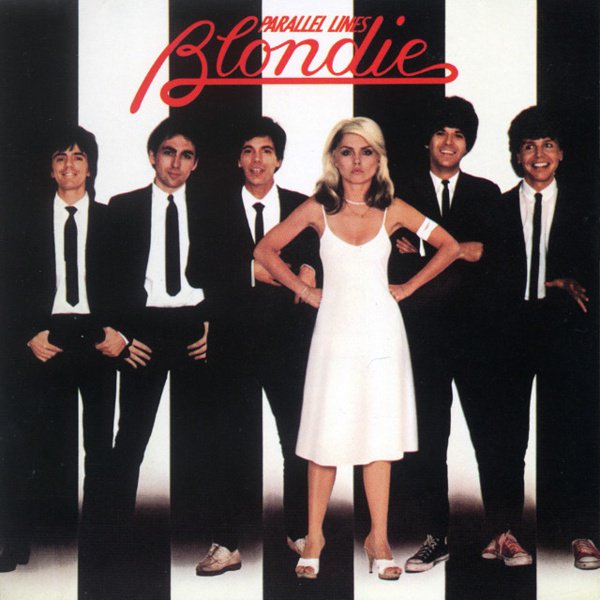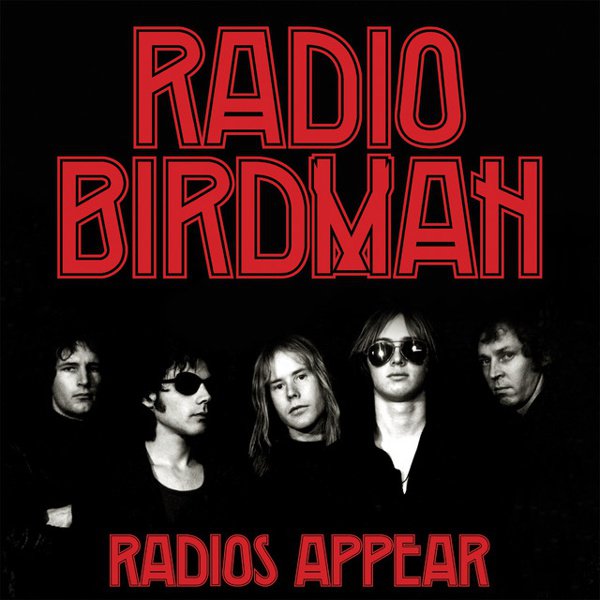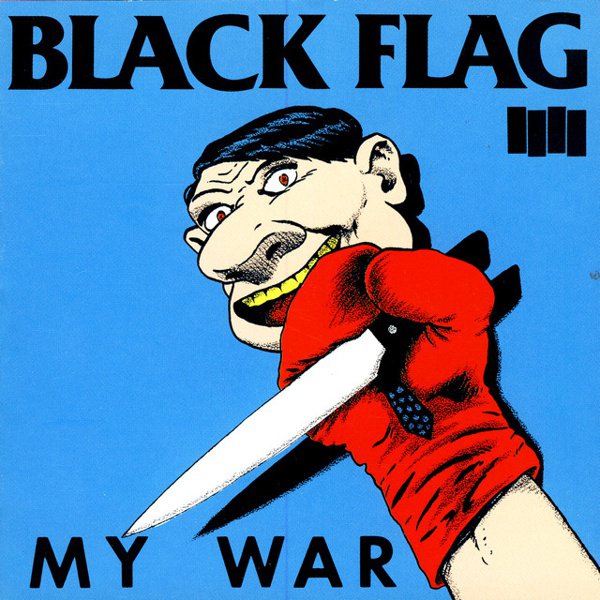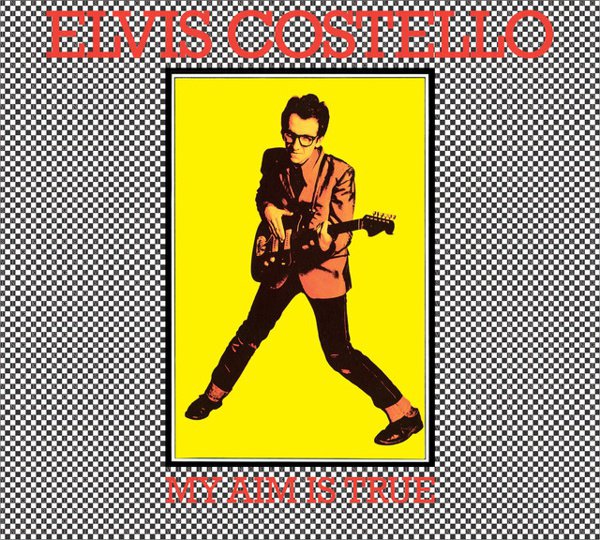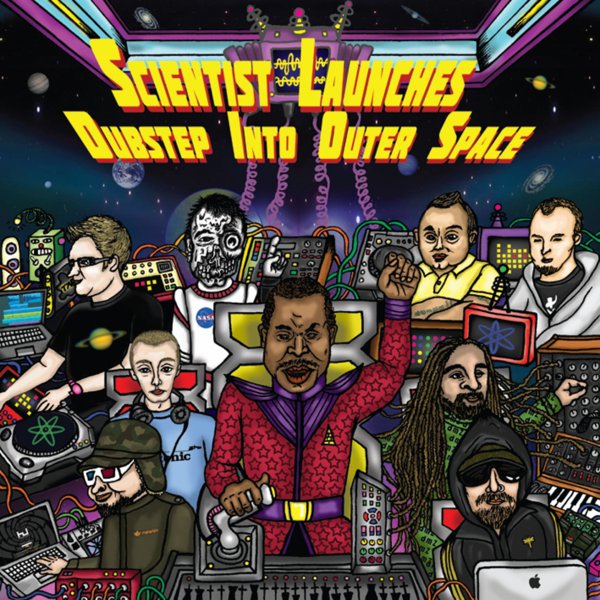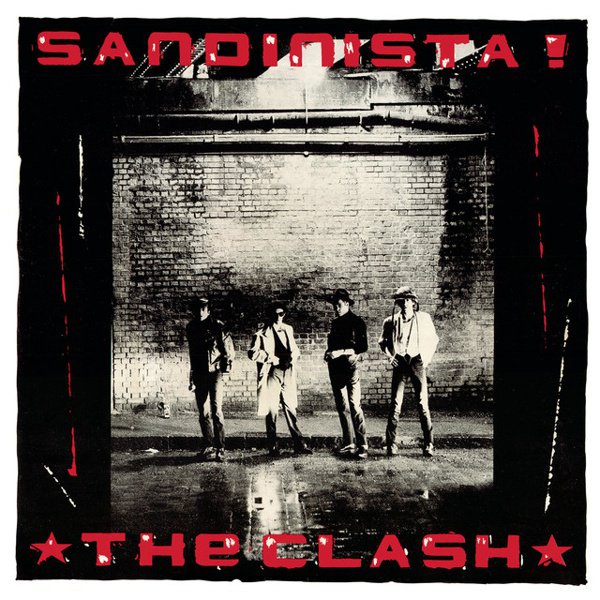Live at Shea Stadium
For a band who loudly declared how bored they were with American imperialism on their debut, the Clash had found a lot to love about the U.S.A. by the early ’80s — or at least the New York incarnation of it, battered by financial hardship but bolstered by the spirit that this multi-countercultural hub represented a more exciting and humane future than Reagan would allow. And what a difference a hit makes: after overselling Manhattan club Bond’s the previous year and playing 17 shows to 1,750-capacity crowds, the Clash parlayed that buzz and the burgeoning success of their “Combat Rock” singles into a massive October ’82 stadium gig so retrospectively mythical it’s easy to forget they were opening for the Who. But beyond that torch-passing juxtaposition, it’s captivating to experience the odd brink-of-something feeling these guys are working through as they face a struggle between greater fame and the band’s looming disintegration. Strange as it might seem for first-gen punk icons to play to a crowd this size, decrying “phony Beatlemania” in the same venue the Fab Four had used to say farewell to their younger selves, the Clash pull off the paradoxical feat of sounding like they’re geared to play a jam-packed ballpark while still maintaining the kind of directness you usually get in a venue where the most distant attendee is standing 20 feet away. And while the setlist is pure Intro to Clash Canon 101 — fans wanting a definitive live take on “Straight to Hell” or “Junco Partner” or “Bankrobber” will have to turn to bootlegs of the Bond’s shows or their ’82 appearance at the Jamaica World Music Festival — the canon has rarely sounded better-suited to an escalated state like this. And the momentum carries through the whole show, from a more-vertiginous-than-usual set-opening “London Calling” to a concluding version of their Bobby Fuller Four “I Fought the Law” cover that feels like a cathartic exhalation and a last sprinting burst of energy all at once. The odd intersection of world-music experimentation and dance-pop flirtation hinted at on Sandinista! and refined upon for Combat Rock sounds refreshed by their more intense energy: “Rock the Casbah” sounds leaner and meaner without Topper Headon’s characteristic piano riff (albeit a little flatter with Terry Chimes instead of Headon on drums), and there’s a medley that sandwiches their tough-but-nervous cover of Willi Williams’ “Armagideon Time” between a “Magnificent Seven” diptych that cranks up the lacerating post-punk dynamics of their Sandinista! disco-rap crossover. Most of the material doesn’t reach much further back than London Calling, well-represented by faithful-if-amped-up performances of “Spanish Bombs” and “Train in Vain” and “Clampdown.” But when you do get flashes of the harder-edged punk stuff that predated it, in the form of “Tommy Gun” and “Career Opportunities” and “English Civil War,” the band plays them like they really believed it could be populist without being compromised — and in doing so, it felt in the moment like they were being proven right.

